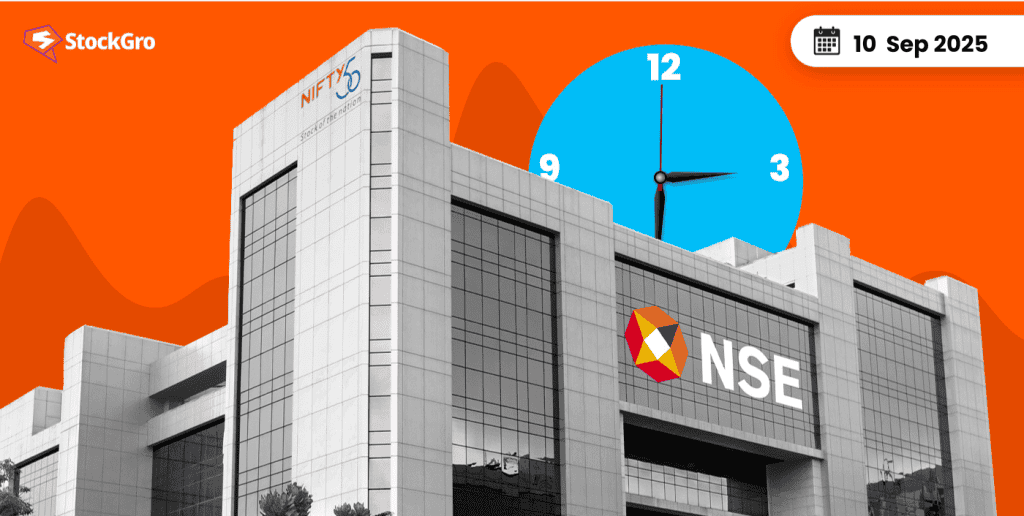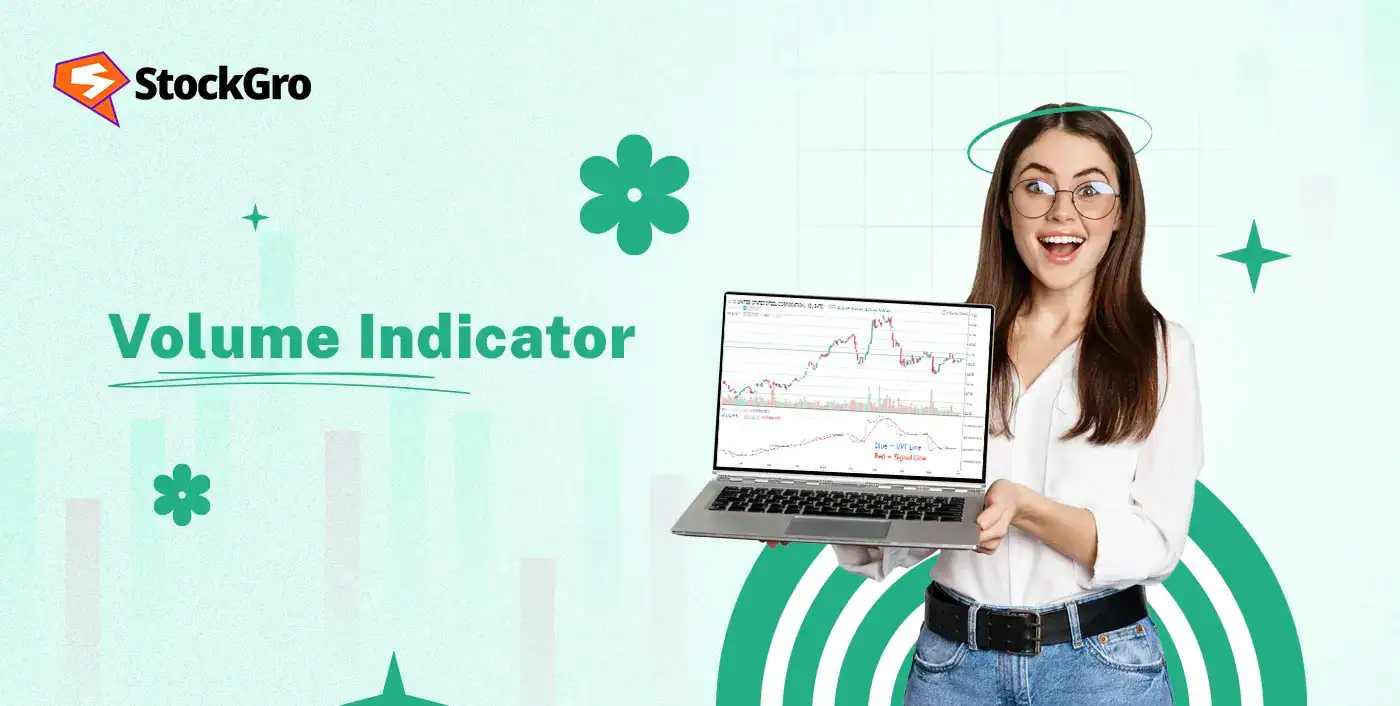
The BSE Sensex closed at 81,425.15, rising 323.83 points or 0.40%, while the NSE Nifty50 settled at 24,973.10, up 104.50 points or 0.42%. The rally was led by strong gains in IT stocks and public sector banks (PSBs), which were the market’s main contributors.
In the broader market, the Nifty MidCap 100 and Nifty SmallCap 100 indices also recorded strong gains, rising by 0.83% and 0.73%, respectively.
You may also like: PhysicsWallah receives SEBI nod for IPO launch, approx worth ₹4,600 crore!
Impact on the stock market
Sector-wise performance
The Nifty IT index and PSU Bank index were the clear outperformers, gaining 2.63% and 2.09%, respectively. However, the Nifty Auto index was the top sectoral laggard, falling 1.28% due to weakness in auto stocks like MRF, Mahindra & Mahindra, and TVS Motor Company.
The auto sector struggled, with the Nifty Auto index down 1.28%. Stocks like Mahindra & Mahindra, Maruti Suzuki, and Tata Motors were affected by slower-than-expected recovery in domestic demand and concerns over rising input costs.
| Sector/Index | Performance |
| IT & BPM sector | 2.63% |
| Healthcare sector | 0.70% |
| Oil & Gas sector | 0.35% |
| Real estate sector | 1.13% |
| PSU Bank in India | 2.09% |
Top gainers today
| Company | Share Price (in ₹) | Change % |
| Bharat Elec | 385.65 | 3.68 |
| Wipro | 255.90 | 2.71 |
| HCL Tech | 1,463.90 | 2.58 |
| Bajaj Finance | 967.95 | 2.06 |
| TCS | 3,110.00 | 1.99 |
Top losers today
| Company | Share Price (in ₹) | Change % |
| M&M | 3,600.50 | -2.59 |
| Bajaj Auto | 9,220.00 | -1.74 |
| Maruti Suzuki | 15,108.00 | -1.67 |
| Hero Motocorp | 5,350.50 | -1.35 |
| Tata Motors | 709.10 | -0.90 |
Market aftermath: Impact on stocks
Pharma sector to benefit from GST changes
The Indian pharmaceutical market is set to experience a transformation following the announcement of significant GST cuts on medicines. The reduction of GST from 12% to 5% on all medicines and the complete GST exemption on 36 life-saving drugs is expected to boost affordability and market access. The Indian pharmaceutical market (IPM) saw 8.7% growth in August 2025, with key segments like oncology and anti-diabetic drugs witnessing robust demand.
This GST restructuring is expected to drive both volume growth and improved access to vital therapies, especially in cancer treatments and rare diseases. While the policy change is seen as a major positive for patients and healthcare accessibility, experts also highlight potential margin pressures on manufacturers due to inverted duty structures.
Also read: Best Pharma Stocks in India: Top Pharmaceutical Shares to Buy
HAL signs key SSLV tech transfer deal with ISRO
In a significant development, Hindustan Aeronautics Ltd (HAL) signed a technology transfer agreement with ISRO, IN-SPACe, and NSIL for the Small Satellite Launch Vehicle (SSLV). Shares of HAL surged by 2% on this announcement. The SSLV is a three-stage vehicle designed to launch small satellites weighing less than 500 kilograms into low Earth orbit.
This technology transfer marks a major shift for HAL as it moves from being a component supplier to a full-fledged launch service provider. The partnership will open new growth opportunities in the small satellite market, expanding HAL’s footprint in India’s growing space sector.
You may also read: Hindustan Aeronautics Ltd. stock analysis & expert insights in detail
Vikram Solar sees a massive rally on strong results
Shares of Vikram Solar surged by 11% on September 10, following the company’s release of its best quarterly performance. Vikram Solar reported a 79.7% year-on-year growth in revenue, reaching ₹1,133.6 crore, while net profit soared by 483.9% to ₹133.4 crore for Q1 FY26. This stellar performance was driven by strong demand in the solar module market and a backward integration strategy into solar cell manufacturing. The company’s orderbook pipeline now stands at 10.96 GW, indicating robust future growth prospects.
Vikram Solar’s expansion into solar cell manufacturing and its focus on self-reliant solar value chains will position it well in the booming renewable energy sector, further driving its growth and market dominance.
Crude oil prices rise amid geopolitical concerns
Crude oil prices saw an uptick on September 10, with Brent crude futures rising 0.93% to $67.01 per barrel, and WTI crude futures up 0.97% at $63.24 per barrel. The price increase is attributed to concerns over potential supply disruptions in West Asia, particularly following recent tensions involving Israel and Hamas. These geopolitical developments have raised fears of a disruption in oil supplies to global markets.
In India, September crude oil futures traded at ₹5,578 on the MCX, up 0.61% from the previous close. Rising global tensions combined with a weak US dollar have kept oil prices elevated, with markets closely watching developments in the Middle East.
Conclusion
The Indian stock market ended September 10 on a positive note, with the Sensex and Nifty50 both posting gains. The IT and public sector bank stocks were the key drivers behind the rally, while sectors like auto faced headwinds. Positive developments in pharma GST changes, HAL’s space collaboration, and Vikram Solar’s impressive earnings added to the bullish sentiment.
Crude oil prices also moved higher amidst geopolitical concerns, which will likely continue influencing the market in the short term. As we move forward, investors will be closely monitoring the impact of policy changes and geopolitical developments on key sectors like pharma, renewables, and energy.
For more stock market insights, check out the StockGro blog.

